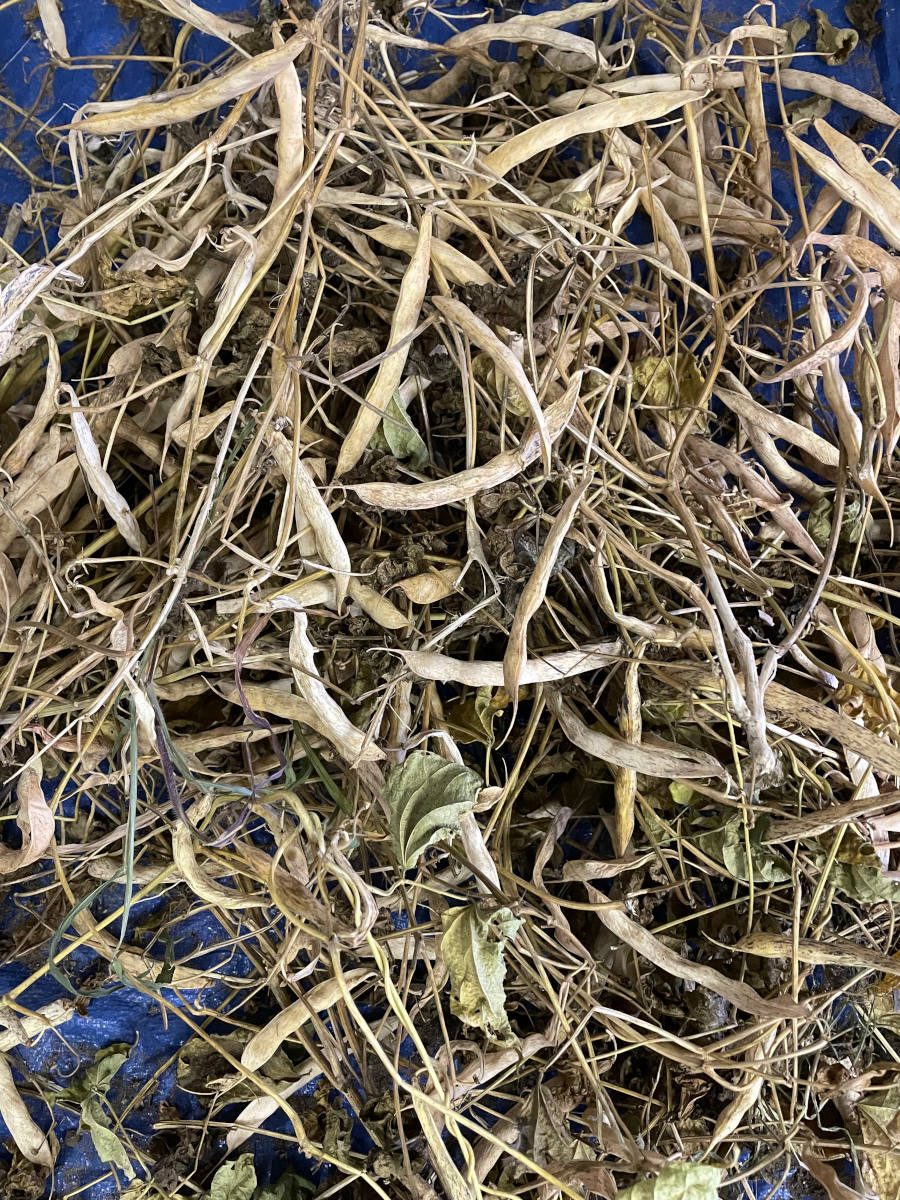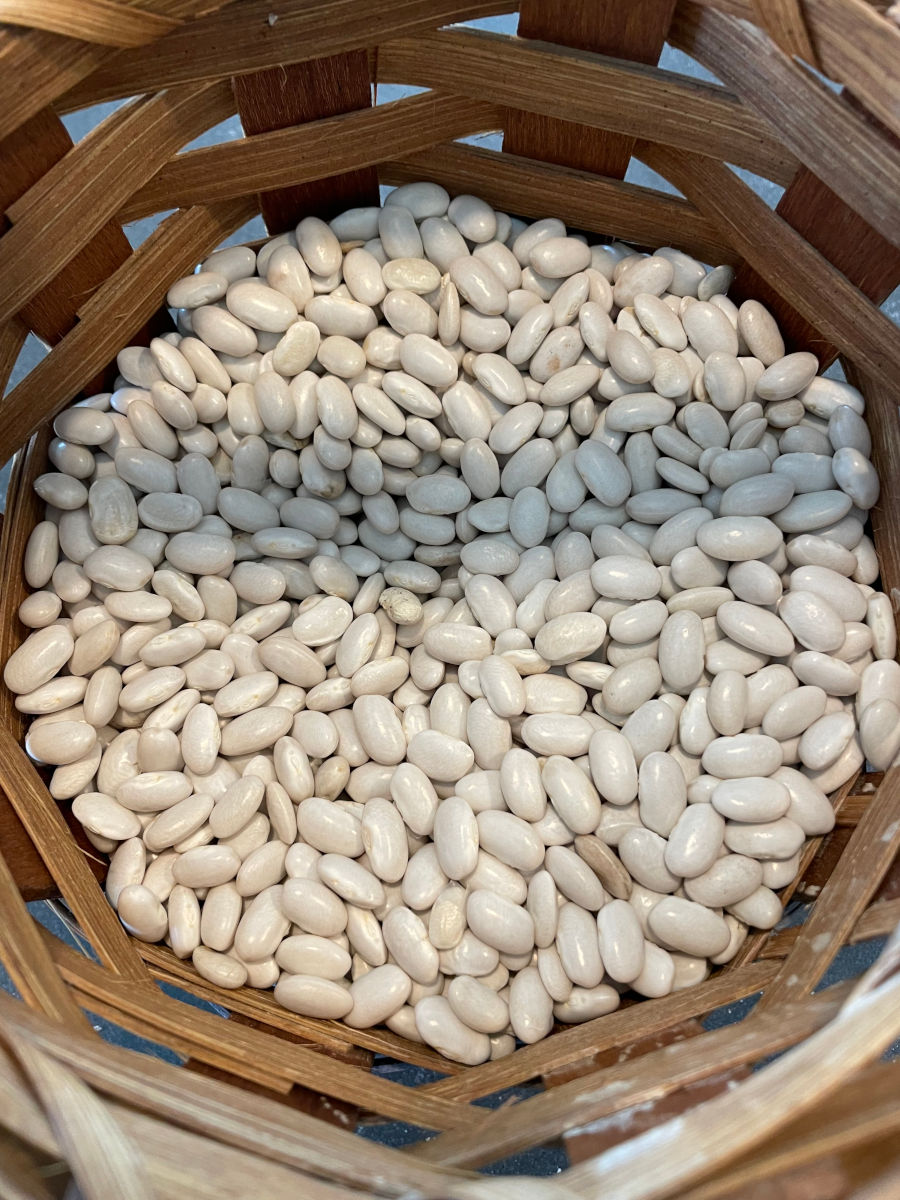“Age does not protect you from love. But love, to some extent, protects you from age.”
“Age is an issue of mind over matter. If you don’t mind, it doesn’t matter.””
Last week, my wife went to North Carolina to visit a dear friend of 50 years who, after a torturous process and diligent search, was placed in a cognitive care unit due to her dementia. We had known our friend as a vivacious, loving, bright, sweet, free spirit for so long it was hard to imagine that the bright light she so persistently and consistently radiated from her kind soul could be so rapidly diminishing. The precipitating event was a police call to her children to inform them that she was found walking the streets in the middle of the night. Even lots of love from lots of people who cared for her could not protect her from age. May my daughters never get a similar call.
While all of us have to deal with the relentless and ruthless decline in capacity and capabilities as we age, there is still solace and possibility in the strength of what remains. For example – also last week – my wife and I were harvesting dried beans and vegetables from our community garden. By the end of the summer the beans on the vine looked pretty old and tired. They were shriveled, stringy, scraggily and hardened. They reminded me of what I see now when I look in the mirror. From their appearance, one might have concluded there couldn’t be much inside all of those weathered shells. I thought, “Why not just throw them away?” But when we opened them up and looked inside, behold the wonder of beautifully preserved cannellini beans that promised bountiful nutrition and exquisite taste. Hmmm. Could that be a metaphor worth pondering. Pictures are worth a thousand words.
Yes, this post is about aging – for better and for worse. A recent NYT column provides great context for this idea if you are interested.
When I was 33 years old, still a young buck, I was the Executive Director of Health Promotion at Samaritan Health Service, a multi-hospital corporation in Phoenix, Arizona. It was 1978, at the very beginning of the wellness movement, and Samaritan was one of the first hospitals to invest heavily in wellness. I had a full-time staff of 12 people and over 50 contractors providing wellness work inside the hospital and throughout the region. We were providing wellness programs to the full-range of the population – from babies to boomers. Our aim was to enable people to attain a fuller sense of FREEDOM in their lives from negative health habits that had them feeling trapped. Thus, we created this acronym to cover the comprehensive scope of services we provided:
- Fitness
- Risk Reduction
- Educated Eating
- Emotional Well-Being
- Drug Decisions
- Occupational Enrichment
- Managing Change and Stress
During the discovery phase of building this program, I came across Ken Dychtwald, now the foremost visionary and original thinker in regard to the health care needs of an aging population. At the time, he was just emerging in the field – studying the implications of aging on lifestyle, health care, and the economy. Since that early beginning, Ken, a psychologist and gerontologist, has written 19 books on aging-related issues including Bodymind, Age Wave, and Age Power. Since 1986, Ken has been the Founder and CEO of Age Wave, an acclaimed think tank focused on the social and business implications of aging. Dychtwald is challenging ageist beliefs and is working to spread a positive message about how the world should view aging. He believes we need to develop stronger intergenerational relationships and increase the connectedness and interdependence among all age groups. He sees signs of hope when older generations demonstrate that they still want to learn, love, try new things, establish new businesses, find new hobbies and simply adopt a positive attitude toward the reality of the aging process. I won’t even attempt to summarize all of his research here, but I do highly recommend checking out his work. While I have never had the privilege of meeting Ken personally, I have followed his work for 45 years.
To me, aging gracefully requires us to acknowledge the changes that we experience physically, emotionally, intellectually and spiritually as we grow older. We not only need to accept our declining abilities in some dimensions of our lives, but also embrace the new discoveries that can make our lives meaningful and joyful all the way to our last day. We need to understand that the pursuit of wellness is a lifelong journey. Robert Reich has a wonderful post addressing his pursuit over the course of his life that I found delightfully entertaining and distressingly current re: our aging politicians. Highly recommended.
While there are many things I can’t do now that I was able to do when I was 20, there are many things I can do now that I wouldn’t even have entertained when I was 20. Here are some thoughts on the plusses and minuses of aging in each of the four dimensions of our lives.
Physically: Unfortunately, we can’t escape the physical effects of aging. With age, bones shrink in size and density making them more susceptible to fracture; most of us even become shorter; muscles generally lose strength, endurance and flexibility; our coordination, stability and balance decline. In short, as we age, our capabilities are no longer able to keep up with our desires – at least our physical desires. For example, while I used to love to run 10Ks and to compete in triathlons, that is no longer a viable option. After hip replacements, back surgeries and declining strength and endurance, those options no longer make much sense. On the other hand, now that I have slowed down (somewhat), I’m appreciating my physical environment more than I ever have in the past. I love to go for walks in the woods, work in the community garden, or just sit and watch a sun-set. And take naps! As a result, I have a greater sense of awe and wonder in the world and in all of its possibilities.
Emotionally: As people age, some feel useless, helpless and at the mercy of physical problems. This sense of hopelessness and helplessness can lead to depression. As a group, however, older adults tend to feel more positive and content compared with younger adults. For me, coming to grips with the perceptions that most younger people tend to have toward us boomers and doomers has been especially challenging. I hate being seen (or not being seen at all) as irrelevant. There are many times when I feel completely invisible to folks at different stages of their lives. On the other hand, I am now much more present in the lives of the people I care about. My relationships with my wife, kids and grand-kids have never been richer. Also, as a result of a lot of hard work, I have many more moments of feeling calm, grounded, and at peace with myself. Hopefully, my ego will continue to grow smaller as I grow older and more emotionally mature.
Intellectually: Most thinking abilities tend to peak around 30, on average, then subtly decline with age. These declines commonly include slowness in thinking, difficulties sustaining attention, and holding information in our mind. The most important changes in cognition with normal aging are declines in performance on cognitive tasks, the ability to quickly transform information to make a decision, and overall executive functioning. Age related cognitive changes include alterations in neuronal structure, loss of synapses, and dysfunction of neuronal networks.
While my memory, word retrieval and rapid processing are no longer what they used to be, my creative juices are still flowing. I have the time and luxury to read several hours every day and my grandkids even think I’m wise – true or not, what a gift that is. When I was younger, my intellectual outputs were far greater (quantitatively), but now I am able to soak up far more inputs and, hopefully, the quality of what I produce is still useful. In this digitally dominated world, there is an abundance of data, information and knowledge easily accessible for most people around the world. The need for wisdom and creativity, however, has never been greater and sometimes feels way too scarce. My experience is that wisdom can grow with age if we keep our minds engaged and active.
Spiritually: Last, but clearly not least for me, I believe we can continue to grow spiritually until the day of our death. (And, who knows, maybe after!!) In my younger years, religion was imposed on me. It was not an option to skip church on Sunday. What I found over the years is that religions run the risk of shutting people down. Most religions rigidly adhere to a particular set of dogma, traditions, and conventions all of which can lead to too much certainty, righteousness and rigidity. On the other hand, I found spirituality helps me to open up. For me, opening up is the key. The question is always, “Am I open to being open?” Or more challenging, “Am I open to opening to openness?” The shift to openness means taking on a more welcoming attitude toward ourselves and others. It means being radically curious and open to doubt and difference. Being open is required to experience deeply loving relationships and any real level of harmony within ourselves and within the world. A flute, by itself, cannot an orchestra make. It’s the new and different and unexpected sounds from many instruments that create great symphonies. You get it.
So, no, age does not prohibit us from loving, from harmonizing, from being fully alive and open. AND, sadly, it may not protect us from the ravages of dementia or other diseases as my wife’s visit to our dear friend made painfully clear. Mark Twain said: “Age is an issue of mind over matter. If you don’t mind, it doesn’t matter.” Sometimes, though, it does.
I’m hoping, as Ken Dychtwald suggests, that we develop a more positive attitude toward aging. I’m not only hoping that we don’t mind so much getting older, but also that we open ourselves to the possibilities that aging welcomes us to experience: more harmony, more love, more openness, more joy, more awe and wonder.
May love protect you, to whatever extent possible, from age. May you find FREEDOM from whatever is closing you down or having you feel trapped. May you open to opening. May it be so. Age away!
Also published on Medium.





Great missive Ricky! Thank you!
How warm and wise and informative. Great to hear about your acronym :FREEDOM. And be reminded about Ken Dychtwald. In case anybody reads these comments let me add that since your wellness days the research has become more firmthat all the chronic diseases linked with aging are inflammatory due to Deficient, diet and stress and I’ll add the greatest stress to my energy healing psychic Chops is the unhealed trauma from infancy. As for diet few annual visits, to your medical doctor are likely to educate you on how much diers that include carbohydrates contribute through elevated blood sugar to inflammation. Yes, there’s no one perfect one size fits all plan. But in my years of counseling, people in holistic approaches to health and well-being. I’ve never found an exception to people feeling better when they reduce the carbs along with much else of course. Well done dearcRick for getting this scripted up and out. Love
I love this, Rick. It’s so personal and so universal. One thing I WILL quibble with, though, and that’s that when you look in the mirror you SHOULD see the handsome guy we all see—the one who’s lived a good life (with more to come) and loved and been loved well for many years.